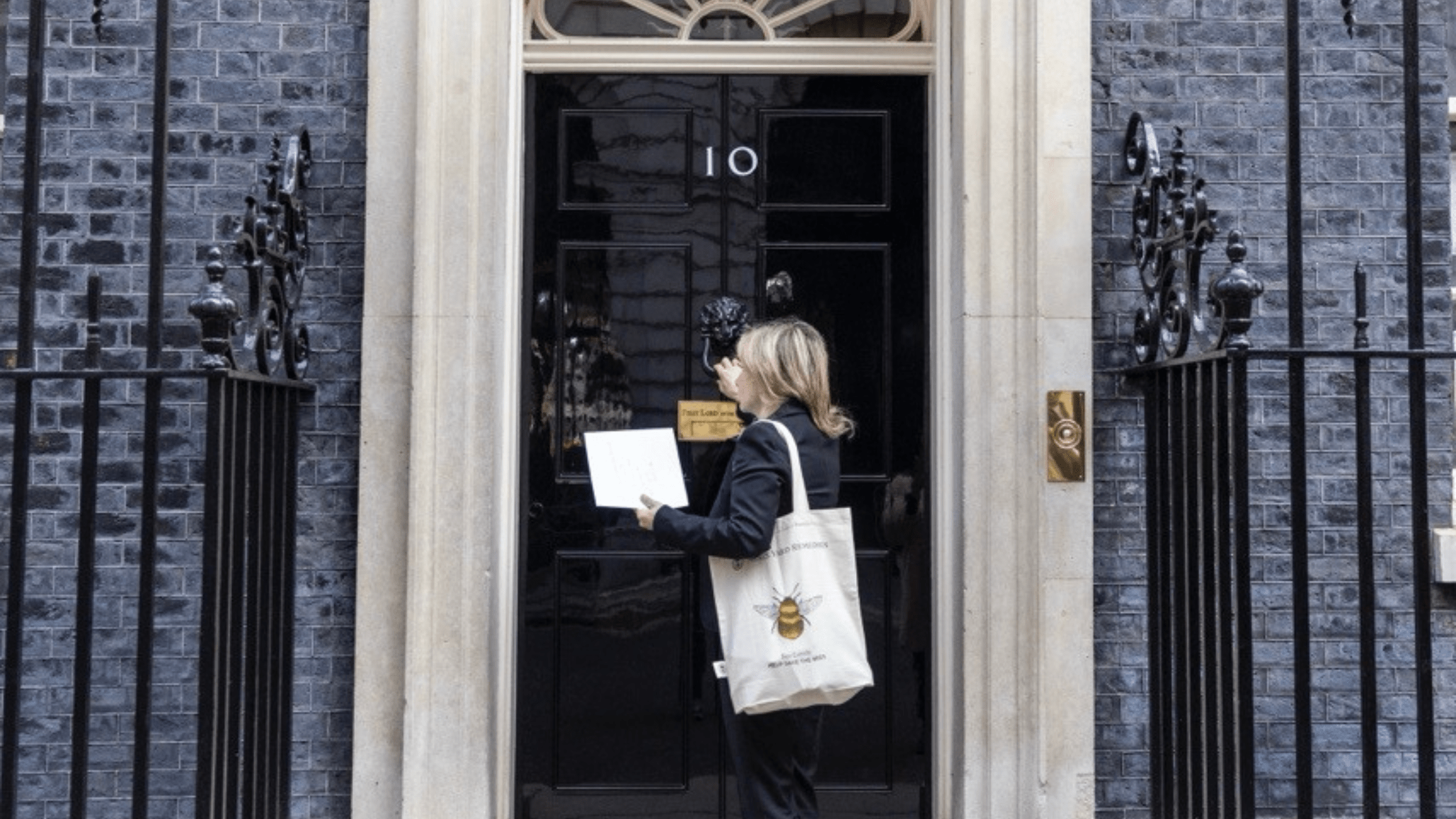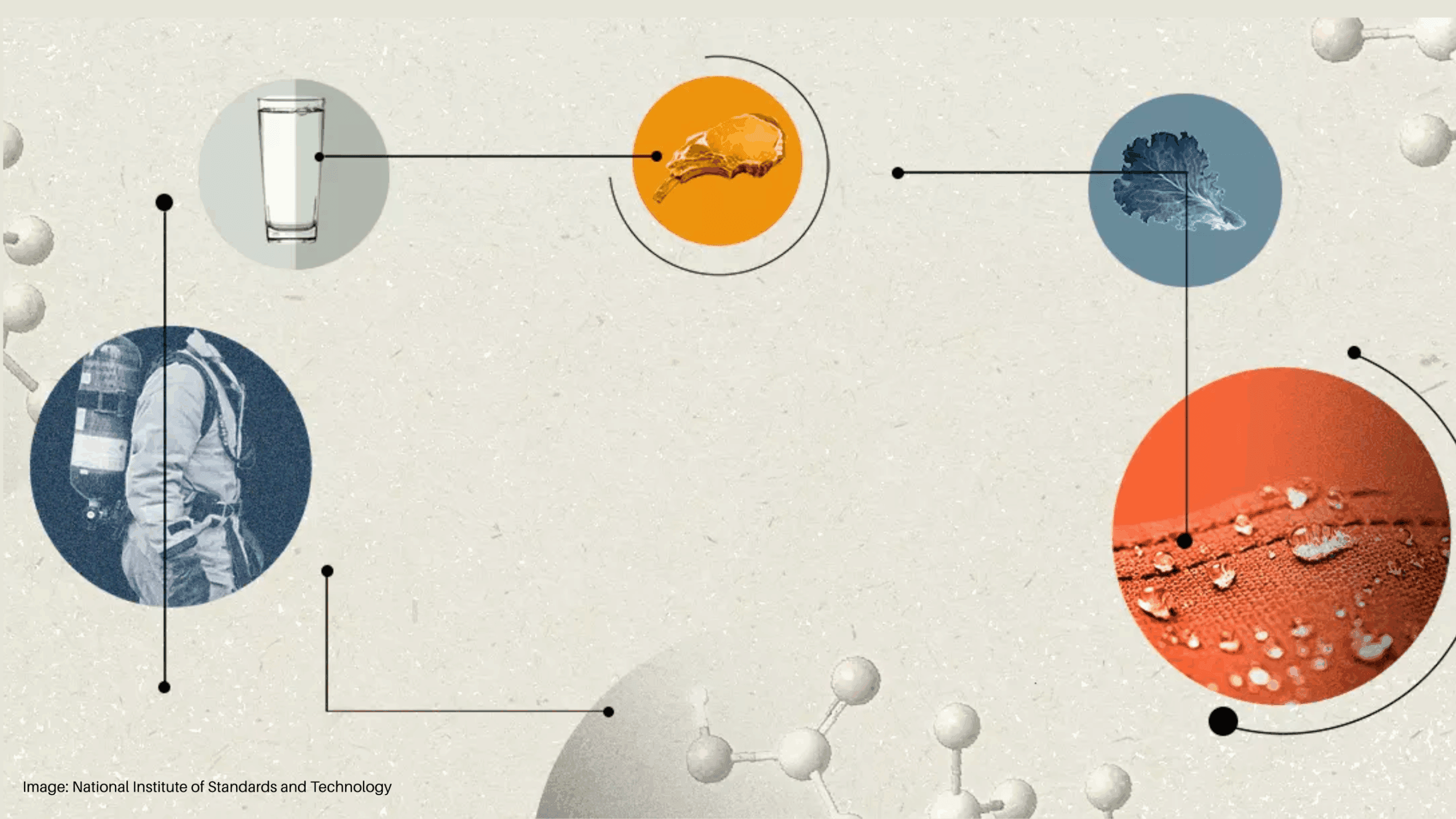Stand by Bees – a campaign group started and supported by British beauty brands – has been spotlighted in Parliament, showing increased support for the banning of bee-killing pesticides
Last week, campaign group Stand by Bees, founded by CEO of Neal’s Yard Remedies, Anabel Kindersley, secured a debate in Parliament to discuss the use of toxic neonicotinoids pesticides.
The debate focused on the lasting risks that pesticides pose to the health of the planet and the pollinators that are vital to beauty’s supply chain.
Neonicotinoids, powerful and systemic insecticides, have been allowed for use in ’emergency cases’ for the last four years, something the campaign group is strongly advocating against. At the debate, Daniel Zeichner, Labour MP for Cambridge, said: ‘The key point is that we are here again — for the fourth time. It is almost an annual debate — the annual neonicotinoids debate. It really is a case of déjà vu.’
Luke Pollard, Labour (Co-op) MP for Plymouth, Sutton and Devonport, made note of Kindersley’s influence in pushing for change in the area, reinforcing the importance of campaigning for change.
‘In particular I want to thank Anabel Kindersley of Neal’s Yard Remedies for her tireless campaigning on this matter,’ he said. Adding: ‘No debate could happen without her continued pressure on MPs and her encouragement of us to keep pushing further and further.’
Stand by Bees has been campaigning for the banning of bee-killing pesticides since 2011, after the launch of Neal’s Yard Remedies ‘Save the Bees’ initiative. It has now received backing from the likes of Lush, The Body Shop and L’Occitane.
The coalition of businesses have been calling for an end to the use of harmful chemicals and is calling for better solutions that enhance farming practices.
‘A point I want to highlight, which many MPs stressed at the debate, is that this campaign wants to work with farmers, not against them,’ said Kindersley, who is also a member of the Sustainable Beauty Coalition. ‘We want to find solutions that work for our businesses and farmers… and these solutions are possible.’
You can read the full debate transcript here.




